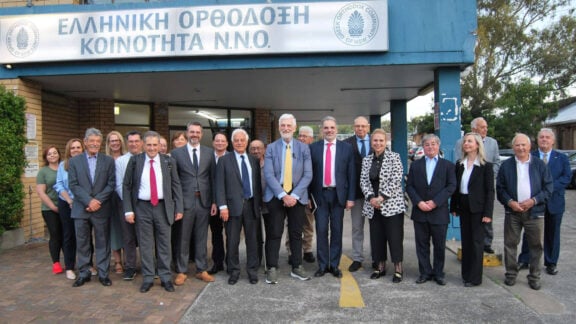The devastating floods sweeping across Queensland will create psychological damage as well as physical destruction, clinical psychologist Dr Michael Kyrios said.
“People need to understand there will be mental health consequences, they’ll lose sleep, have ruminating thoughts, a re-experiencing of those particular events, so they do need to understand that and work that through,” the Swinburne University psychology professor said.
It is important that programs and mental health services are made available for those affected by the disaster, but counselling is not always the answer, Dr Kyrios said.
“Sometimes you can go in too early and you don’t allow people to work through what has happened. There are lessons to be learnt and issues we need to work through in our own minds about these sorts of events, so if you go in too early you can retard that particular process,” he said.
Grief will be the first emotion people will be struck with, which will result from the loss of lives, belongings and homes, Dr Kyrios said. Some people will also experience trauma, he said.
“People had to leave behind grandparents in homes because they were disabled and the trauma of all that will obviously require quite a bit of working through,” he said. “These sorts of events have a way of causing some sort of equilibrium in terms of how secure people feel in the world and that often has consequences down the line. If you trust that the world will look after you and that you can feel secure in the world then that has implications across a whole range of domains”.
Sleep problems will also be an issue, Dr Kyrios said. “Once the floods have receded there’s the big clean up and the adjustment that comes with that and often that’s when grief really hits you because you realise what you’ve lost or what adjustments need to be made,” he said.
However, trauma also allows the opportunity for post traumatic growth, Dr Kyrios said. “It may bring families closer together, it obviously has brought communities and Australia closer together and we need to focus on that positive aspect of it, particularly moving forward over the next six or twelve months,” he said.
Dr Kyrios said some people may decide to leave the flood ravaged areas while others will choose to stay and fight it out.
“There’s room for all sorts of reactions there, and that’s the beauty of the human condition; there’s no one reaction to every situation,” he said. “We just need to be tolerant of all sorts of reactions and offer services that are appropriate to that broad range of reactions”.








